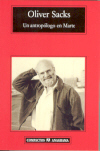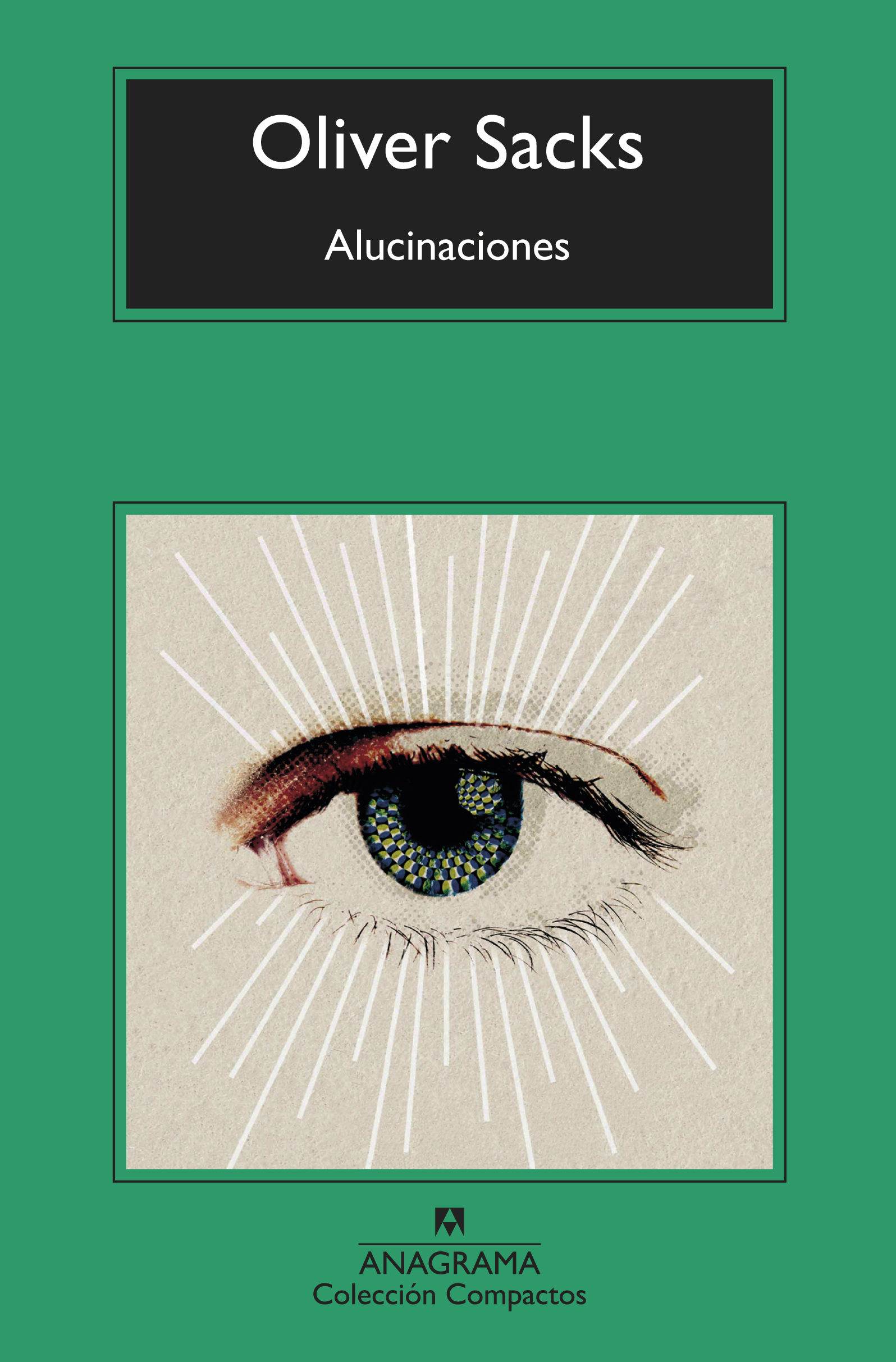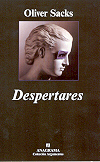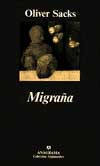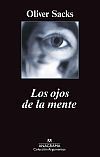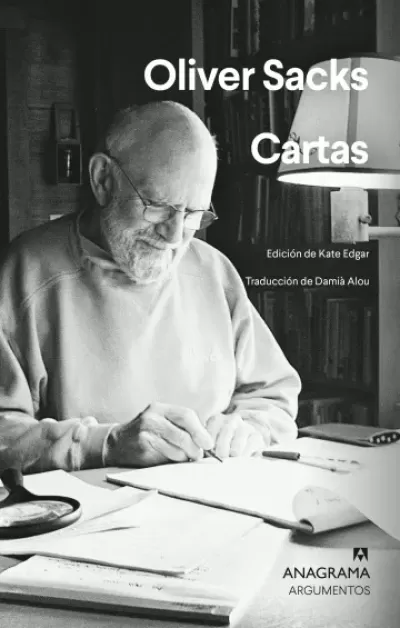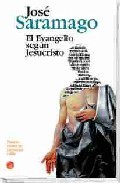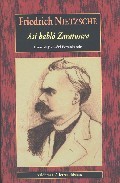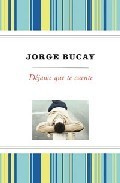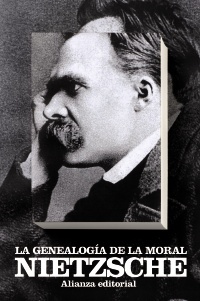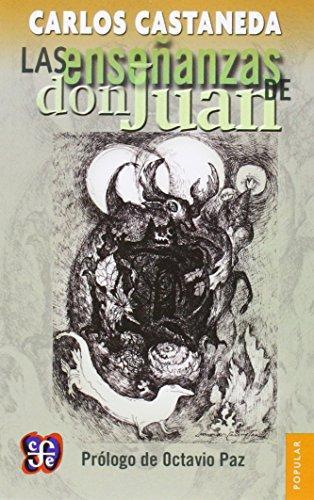I knew very little, almost nothing, about Oliver Sacks until one month ago. I came across his famous farewell letter, the one he used to announce he had terminal cancer, through a friend of mine who shared it on Twitter.
That letter is a true reflection of Sacks’ view not just on life, but also on the way life should be lived. “The man who mistook his wife for a hat” is not really about neurological cases, however interesting or shocking they may be. And some of them are undoubtedly very attractive in themselves, they question our perception of normality, even of sanity. It is hard and at the same time fascinating to read through some of the cases, trying to imagine what it is like to be able to see without recognizing objects, or to to hear speech without understanding the words but at the same time being able to interprete the entonation and nuances of the sentences.
So when reading this book it is necessary to go beyond the strange appeal of the medical cases and understand the attraction Sacks feels for the individuals, the patients themselves. He finds hope even in the most bizarre of cases, and that hope is what is left with the reader when the book is finished. Sacks clearly thinks that even the most isolated of autistic patients is capable of giving and receiving. Giving and receiving respect and love, being able to contribute in different and unexpected ways, be it excelling at the arts or simply performing a menial job. I think the most moving case of the book is the one about The Twins. Two autistic brothers with a supernatural ability for figures, particularly prime numbers. What I find moving is how Oliver Sacks regrets the way the brothers were finally “integrated into society”. Sacks clearly thought that there was nothing wrong with their peculiar ability, that depriving them of practising it was nobody’s right.
One may find Sacks’ tolerance extreme, excessive, too generous. I find it hopeful, just like his farewell letter.
hace 10 años
9
0

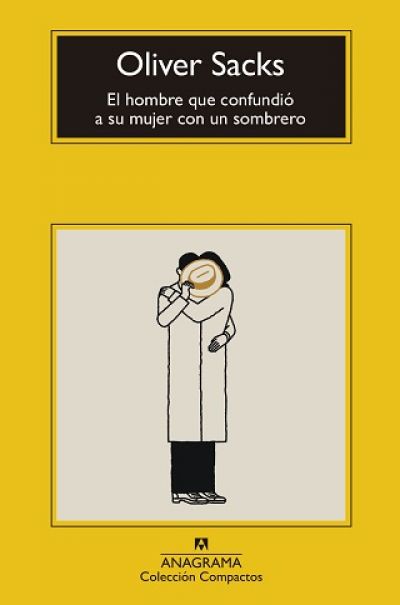
 Amazon
Amazon Agapea
Agapea Amazon eBook
Amazon eBook